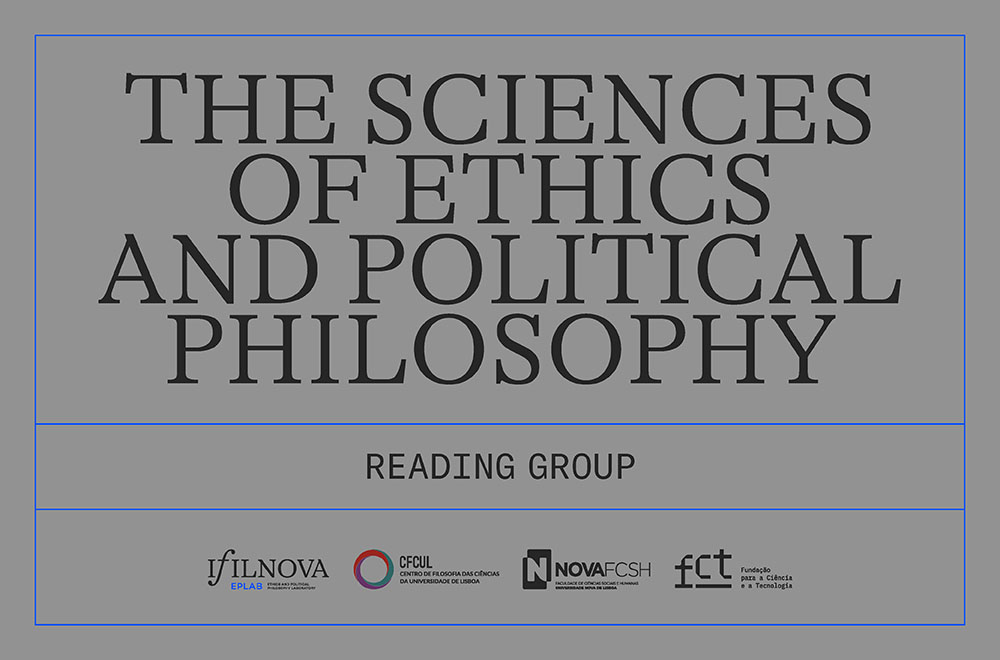The Case for Partisan Motivated Reasoning

The Sciences of Ethics and Political Philosophy Reading Group will get together on September 25, at 2 PM [WEST], to discuss a paper by Daniel Williams (2023), The Case for Partisan Motivated Reasoning, Synthese, 202(3), 1-27. This session will have the confirmed presence of the author.
Abstract
A large body of research in political science claims that the way in which democratic citizens think about politics is motivationally biased by partisanship. Numerous critics argue that the evidence for this claim is better explained by theories in which party allegiances influence political cognition without motivating citizens to embrace biased beliefs. This article has three aims. First, I clarify this criticism, explain why common responses to it are unsuccessful, and argue that to make progress on this debate we need a more developed theory of the connections between group attachments and motivated reasoning. Second, I develop such a theory. Drawing on research on coalitional psychology and the social functions of beliefs, I argue that partisanship unconsciously biases cognition by generating motivations to advocate for party interests, which transform individuals into partisan press secretaries. Finally, I argue that this theory offers a superior explanation of a wide range of relevant findings than purely non-motivational theories of political cognition.
Anyone interested in participating can send an email to Filipe Faria: filipefaria@fcsh.unl.pt.
The Sciences of Ethics and Political Philosophy Reading Group is an international monthly-assembling online reading group co-hosted by the CFCUL and the Ethics and Political Philosophy Lab (EPLab) of the IFILNOVA. More information about the group here.

